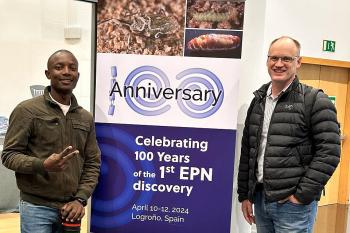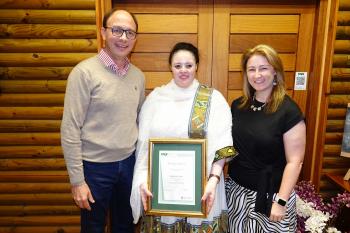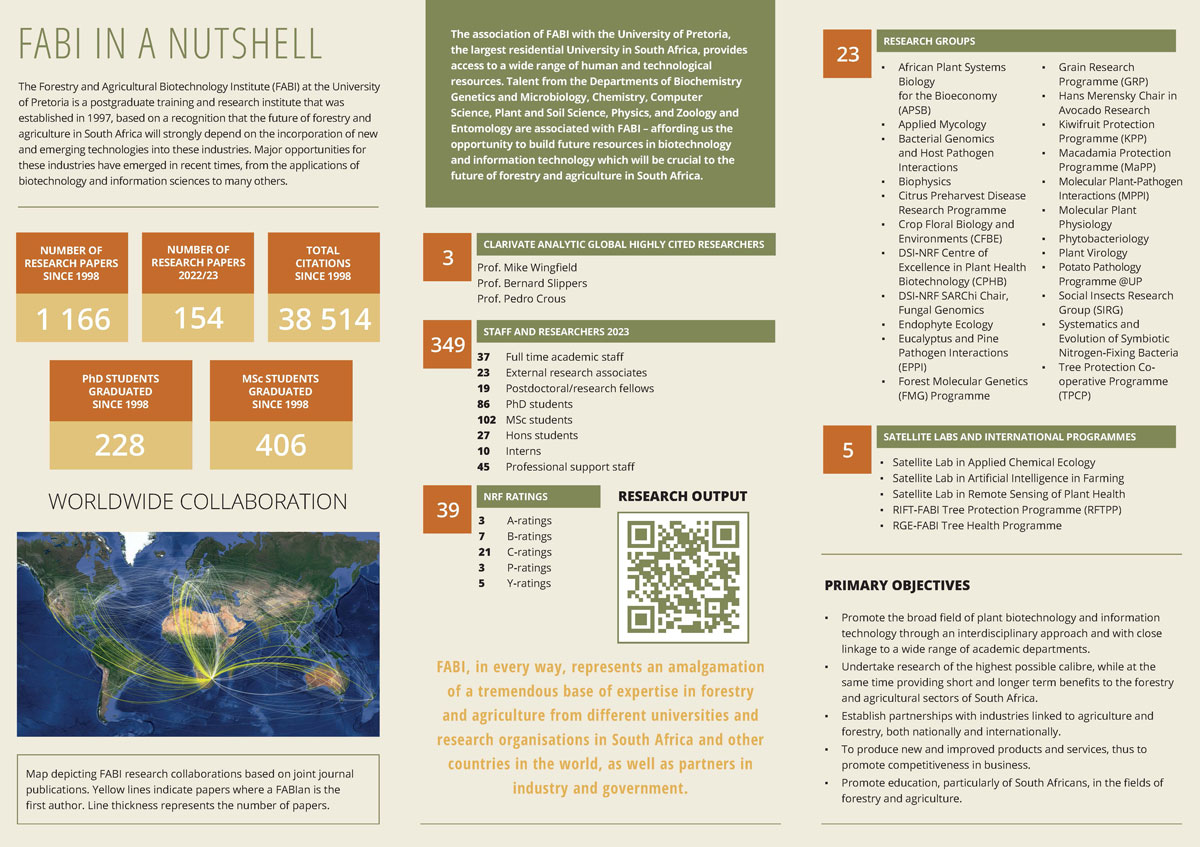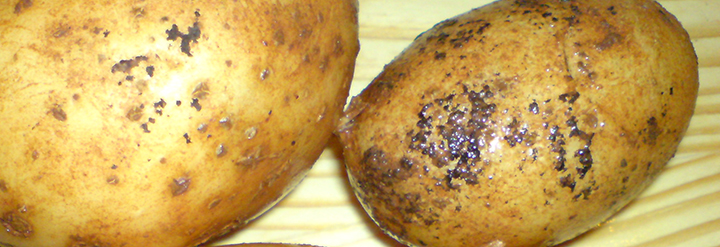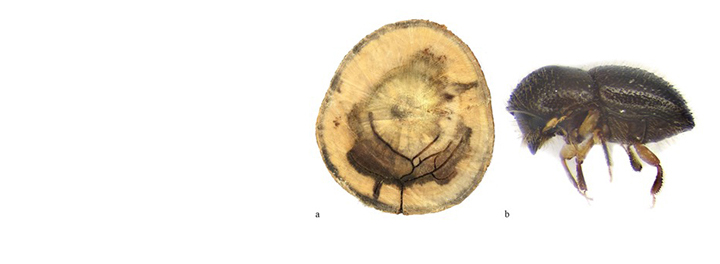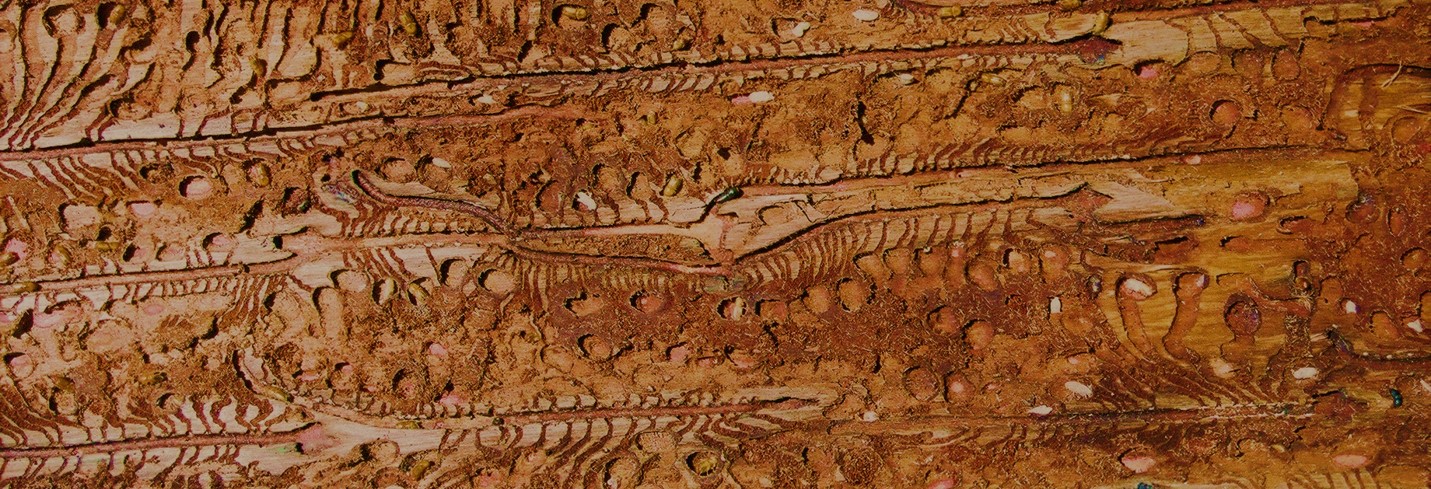The primary research focus of the Potato Pathology Programme is the epidemiology, diagnosis and control of soil- and seed-borne diseases of potatoes. Diseases currently being investigated in this research programme include powdery scab (Spongospora subterranea f. sp. subterranea), black scurf and stem canker (Rhizoctonia solani), and blackleg and soft rot (Pectobacterium and Dickeya
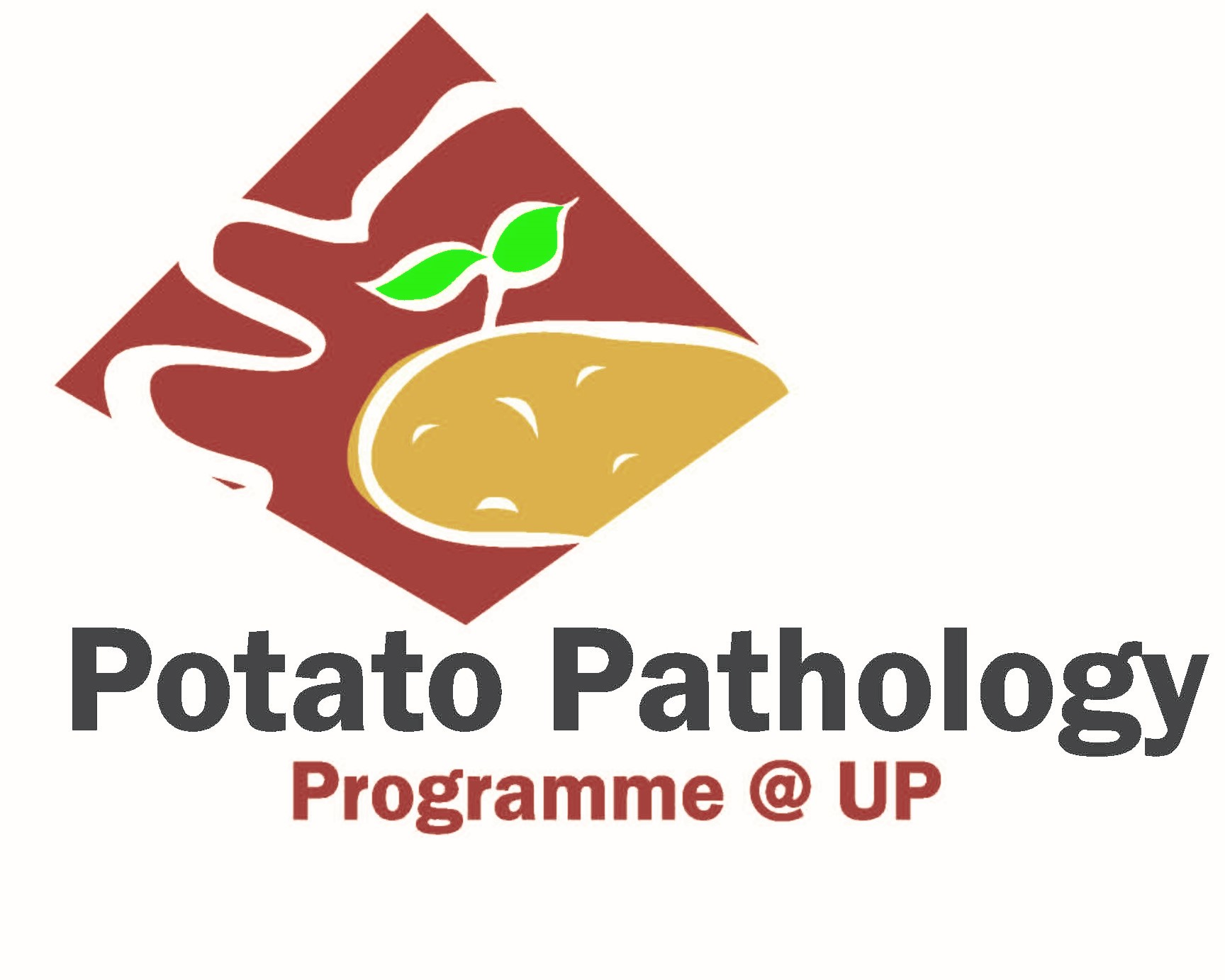
New Publications
Marais I, Buitendag C, Duong TA, Crampton BG, Theron J, Kidanemarium D, Berger DK. (2024) Double-stranded RNA uptake for the control of the maize pathogen Cercospora zeina. Plant Pathology Online first:1-11.
10.1111/ppa.13909
van Heerden A, Pham NQ, Wingfield BD, Wingfield MJ, Muro Abad JI, Durán A, Wilken PM. (2024) LAMP assay to detect Elsinoë necatrix; an important Eucalyptus shoot and leaf pathogen. Plant Disease
10.1094/PDIS-01-24-0086-RE
Silva GA, Oliveira MES, Rêgo GMS, Wingfield BD, Wingfield MJ, Ferreira MA. (2024) Chrysoporthe brasiliensis sp. nov. pathogenic to Melastomataceae in southeast Brazil. Fungal Biology
10.1016/j.funbio.2024.04.001
Fick A, Swart V, Bombarely A, van den Berg N. (2024) Comparative transcriptional analysis of Persea americana MYB, WRKY and AP2/ERF transcription factors following Phytophthora cinnamomi infection. Molecular Plant Pathology 25(4):e13453.
10.1111/mpp.13453 
Van Lill M, Venter SN, Muema EK, Palmer M., Beukes CW, Chan WY, Steenkamp ET. (2024) SeqCode facilitates naming of South African rhizobia left in limbo. Systematics and Applied Microbiology 47(2-3):126504.
10.1016/j.syapm.2024.126504 




